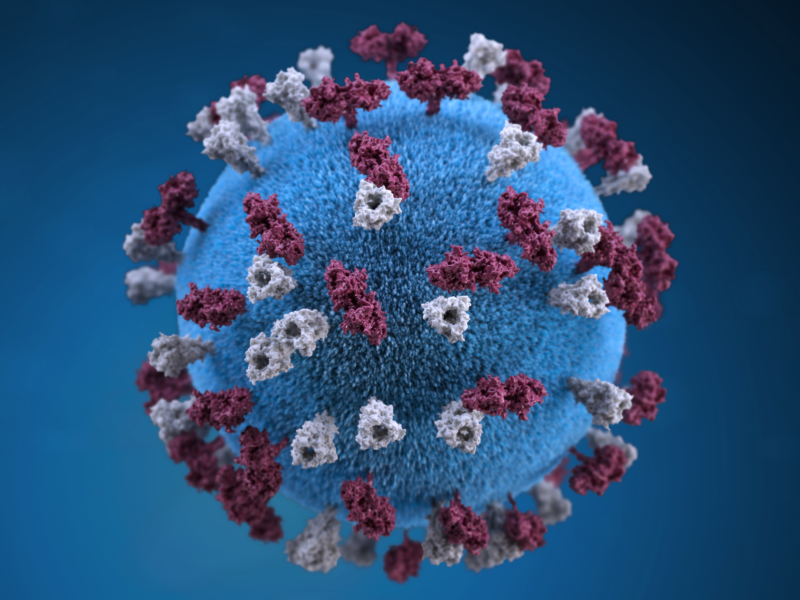If you’re following health news from Florida right now, you’re aware of the “flesh-eating bacteria” buzz. 59-year-old Henry “Butch” Konietzky of Palm Coast, FL died Monday, September 30, after contracting a rare bacterium through an open wound in his leg. An avid fisherman, Konietzky had been setting up crab traps just a few days prior in the brackish Halifax River. The most recent case, George Clarke, was confirmed on Thursday, October 3.
The Dayton Beach News-Journal reported that Konietzy did not notice any visible wounds before he waded knee-deep in the river, nor did he have any known health conditions. After lesions formed on his legs a few hours after returning home, he headed to the emergency room. The bacteria spread quickly, shutting down his kidneys, and just two days later he passed away.
The bacteria, Vibrio vulnificus, live in warm marine water and are naturally present in the coastal waters of the Gulf States. More prevalent during the warm summer months, the illness typically is seen after the consumption of raw shellfish, especially oysters. The bacteria do not alter the appearance, taste or odor of the shellfish.
So far in 2013, 27 cases and 9 deaths due to V. vulnificus have been reported statewide.
According to the Centers for Disease Control and Prevention (CDC), V. vulnificus can cause infection either through ingestion or open-wound exposure. In a healthy person, the bacteria causes vomiting, diarrhea and abdominal pain. However in immunocompromised individuals, like those with chronic liver disease or HIV, the bacteria can travel into the bloodstream, causing severe disease with a 50 percent fatality rate. It also causes skin lesions, which is why it is known as a flesh-eating disease. An acute illness, there are no long-term consequences for those who recover from V. vulnificus.
In 2007, working in accordance with the CDC, the Gulf States started joint surveillance of the infection and it became a nationally reportable disease. According to the Florida Department of Health, since 2008, there have been 160 cases of v. vulnificus infection and 43 deaths. However, experts at the CDC estimate that it is still underreported.
CDC advises the following to prevent V. vulnificus infections, especially among immunocompromised persons:
- Do not eat raw oysters or other raw shellfish. Cook shellfish (oysters, clams, mussels) thoroughly.
- For shellfish in the shell, either a) boil until the shells open and continue boiling for 5 more minutes, or b) steam until the shells open and then continue cooking for 9 more minutes. Do not eat those shellfish that do not open during cooking. Boil shucked oysters at least 3 minutes, or fry them in oil at least 10 minutes at 375°F.
- Avoid cross-contamination of cooked seafood and other foods with raw seafood and juices from raw seafood.
- Eat shellfish promptly after cooking and refrigerate leftovers.
- Avoid exposure of open wounds or broken skin to warm salt or brackish water, or to raw shellfish harvested from such waters.
- Wear protective clothing (e.g., gloves) when handling raw shellfish.

